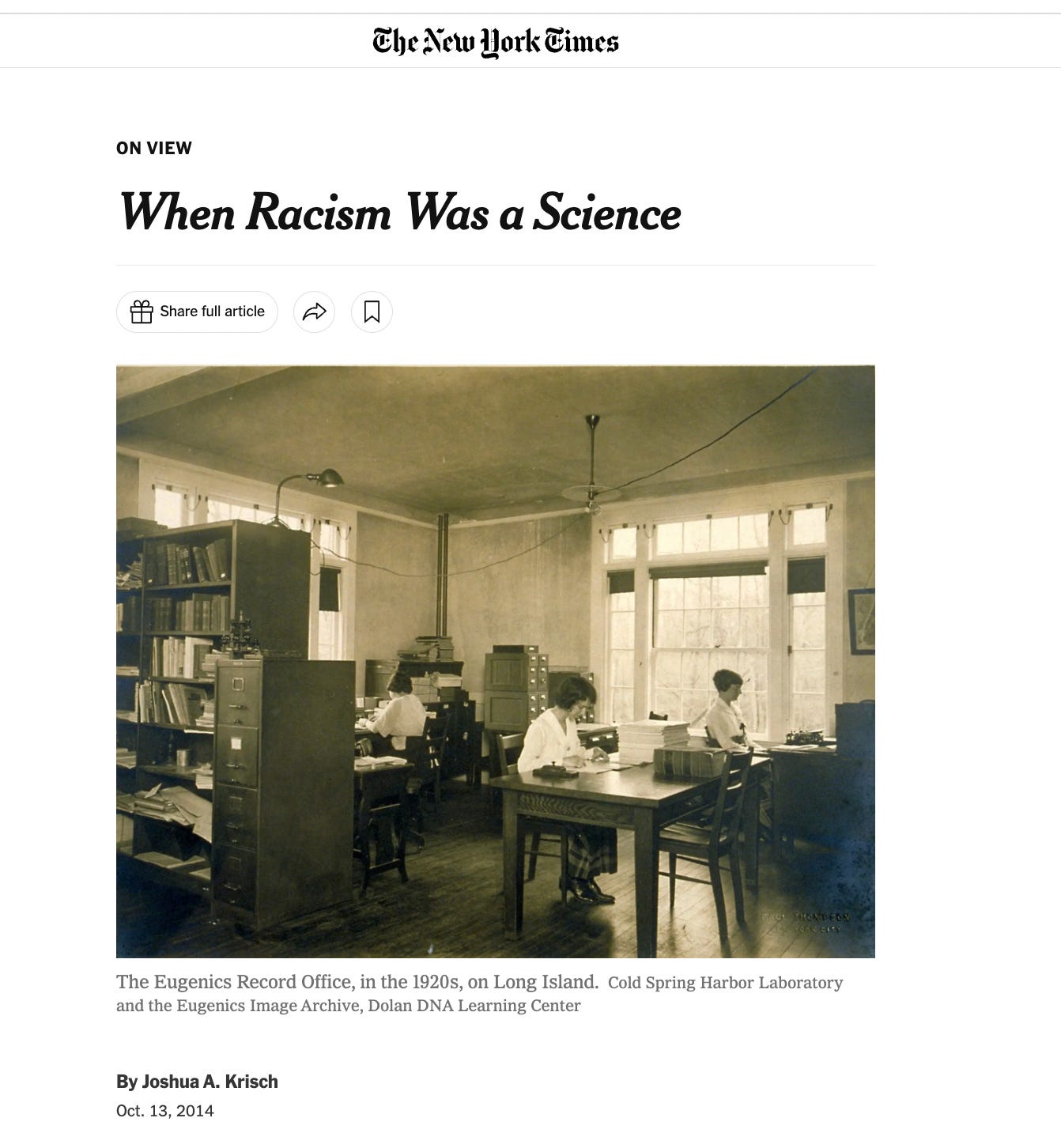Where Are These Angels?
Look for one thing in the panicked news stories about the injunction issued in Missouri v. Biden.
Here’s the New York Times, advancing a series of claims that should make any conscious organism laugh out loud:
Alice E. Marwick, a researcher at the University of North Carolina at Chapel Hill, was one of several disinformation experts who said on Wednesday that the ruling could impede work meant to keep false claims about vaccines and voter fraud from spreading.
The order, she said, followed other efforts, largely from Republicans, that are “part of an organized campaign pushing back on the idea of disinformation as a whole.”
….Bond Benton, an associate communication professor at Montclair State University who studies disinformation, described the ruling as “a bit of a potential Trojan horse.” It is limited on paper to the government’s relationship with social media platforms, he said, but carried a message that misinformation qualifies as speech and its removal as the suppression of speech.
Misinformation qualifies as speech! That’s wrong, see. If you speak and you’re incorrect, you haven’t actually spoken, because only speaking correctly is speaking, so you can be silenced for not speaking. That’s the kind of reasoning that distinguishes true expertise.
The one missing thing in all of these claims is the slightest mainstream awareness — really, I challenge you to find an example that disproves this observation — that anything labeled as “disinformation” could ever be improperly labeled. If an expert declares that a fact claim is disinformation, then the fact claim is disinformation. There is no possibility that a statement can be correct, once a person who self-identifies as an expert has declared that it is incorrect. The sun orbits the earth, you heretic.
The only way to reason yourself into this conclusion is to switch off your awareness of all forms of history and knowledge. You somehow have to know nothing. The experts have spoken, so the discussion is over! Now, has the New York Times ever published an article about mainstream scientific knowledge turning out to be wrong? Hmm, maybe.
Claims about “disinformation” can never be mistaken, can never be self-interested, can never be manipulative, can never serve the cause of economic or political power. No expert would ever lie about a Pfizer product, you fool!
Go back to what I wrote recently about the extremely important deposition of Los Angeles County Public Health Director Barbara Ferrer, who declared that disinformation is a statement that contradicts the findings of a county public health official. The LA County Public Health Department asked social media companies to remove posts that spread “disinformation,” and they did so on that basis: to disagree with an expert is to spread disinformation. But Ferrer also acknowledged a highly problematic fact, conceding that county health officials sometimes disagreed with federal health officials at agencies like the CDC.
Disagreement with an expert constitutes disinformation, but experts disagree with other experts.
Parse “disinformation” in the face of that reality, and plot a reasonable policy to silence people who disagree with experts.
The injunction “carried a message that misinformation qualifies as speech and its removal as the suppression of speech.” Imagine being stupid enough to say that out loud.



Perfect illustration of the point:
https://twitter.com/ggreenwald/status/1677005062109790226
"The only way to reason yourself into this conclusion is to switch off your awareness of all forms of history and knowledge. You somehow have to know nothing. The experts have spoken, so the discussion is over!"
This is what frightens me. I used to cover education, and I was very interested in school reform efforts. One of the great catchphrases among so-called educators since the early 1990s is "critical thinking" or "critical thinking skills." Specific knowledge isn't so important. Who cares when the Battle of Hastings was fought, or where, or why? Armed with critical thinking skills—and, I suppose, a web browser—students will know the right questions to ask and get the answers they need.
But it never seemed to occur to the boosters of "critical thinking" that, absent a basis of knowledge, you have no idea what to think critically about. What you get instead is a generation of ignoramuses who are all too willing to accept the pronouncements of "experts" at face value. What you get, in short, is a population full of subjects, not self-governing citizens.